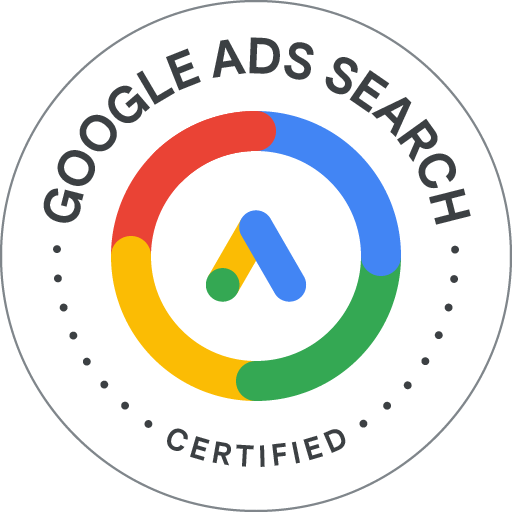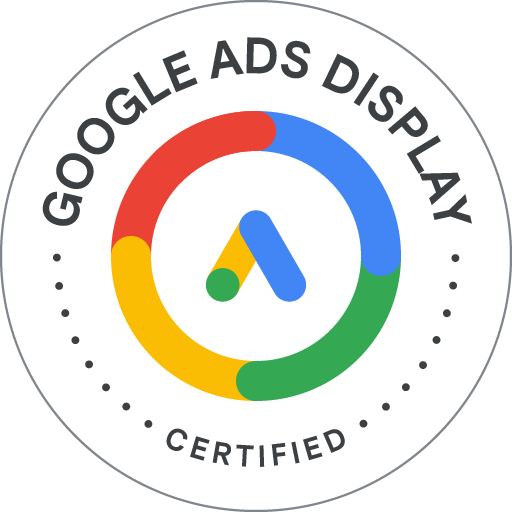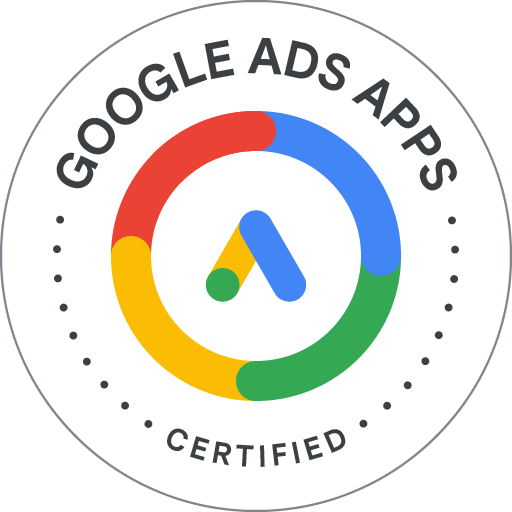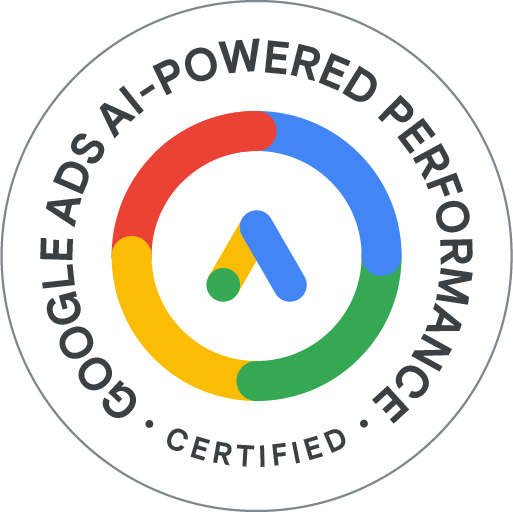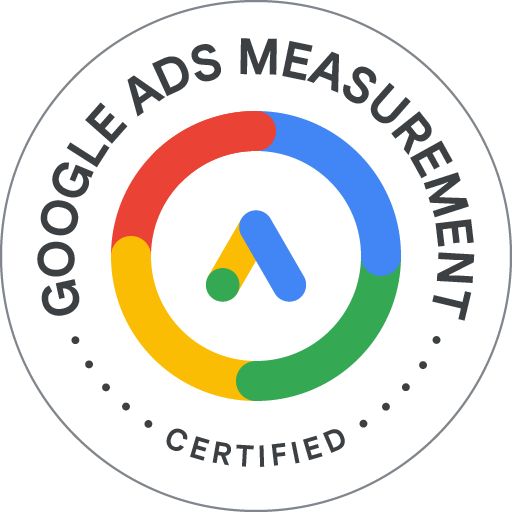Most guides to digital marketing skip over the basics, yet missing even one core term can disrupt an entire campaign. In a world where over 60% of new marketers misunderstand common digital metrics, confusion can cost real revenue. Defining these essential terms helps business owners, teams, and freelancers work smarter, avoid costly mistakes, and create strategies that actually deliver results. Get clear on the words that shape digital marketing and set your business up for measurable growth.
Table of Contents
- Core Digital Marketing Terms Defined
- Key Types of Digital Advertising Terms
- Essential Campaign Metrics and KPIs
- Understanding Conversion and Lead Generation Terms
- Common Mistakes With Digital Marketing Terms
Key Takeaways
| Point | Details |
|---|---|
| Understanding Digital Marketing Terms | Grasping core digital marketing terminology like SEO, PPC, and CRO is essential for developing effective online strategies. |
| Importance of Campaign Metrics | Tracking key performance indicators such as Conversion Rate, CPA, and ROAS enables data-driven marketing decisions and campaign optimization. |
| Effective Lead Generation | Mastering terms related to lead generation, including lead magnets and sales funnels, enhances the ability to attract and convert potential customers. |
| Avoiding Common Terminology Mistakes | Accurate use of digital marketing terminology prevents confusion and supports improved strategy effectiveness, avoiding costly misinterpretations. |
Core Digital Marketing Terms Defined
Digital marketing represents the dynamic landscape of online promotional strategies that leverage electronic technologies to connect businesses with potential customers. According to JETIR, digital marketing encompasses any form of marketing that exists online and utilizes electronic devices or internet platforms to reach target audiences.
Understanding core digital marketing terminology is crucial for business owners and marketers seeking to navigate this complex ecosystem. Here are some fundamental terms every digital marketer should know:
- Search Engine Optimization (SEO): The process of optimizing website content to improve visibility and ranking on search engine results pages
- Pay-Per-Click (PPC): An advertising model where marketers pay a fee each time their digital advertisement is clicked
- Conversion Rate Optimization (CRO): Strategic techniques designed to increase the percentage of website visitors who take a desired action
As research from Scientific Trends highlights, these core digital marketing concepts are not just theoretical frameworks but practical tools for driving business growth. Digital marketing transforms traditional outreach by offering precise targeting, measurable results, and unprecedented audience engagement opportunities.
By mastering these fundamental terms, businesses can develop more effective online advertising strategies and create compelling digital campaigns that resonate with their target market.
Key Types of Digital Advertising Terms
Digital advertising represents a sophisticated ecosystem of online marketing strategies designed to connect businesses with potential customers through targeted promotional techniques. According to Wikipedia, Pay-Per-Click (PPC) advertising is a fundamental model where advertisers pay publishers each time their digital advertisement receives a click.
Key digital advertising terms every marketer should understand include:
- Real-Time Bidding (RTB): An automated advertising purchasing method where digital ad inventory is bought and sold through instantaneous auctions
- Behavioral Targeting: A technique that uses web user information to deliver more relevant advertisements
- Impression: A single view of an advertisement by a potential customer
- Click-Through Rate (CTR): The percentage of people who click on an ad after seeing it
Research from arXiv highlights the complex infrastructure behind digital advertising, particularly in real-time bidding and behavioral targeting mechanisms. These advanced techniques enable marketers to create precision ad targeting strategies that maximize return on investment and audience engagement.
Understanding these digital advertising terms empowers businesses to craft more intelligent, data-driven marketing campaigns that reach the right audiences at the right time, transforming how brands communicate and connect in the digital landscape.
Essential Campaign Metrics and KPIs
Campaign metrics and Key Performance Indicators (KPIs) are the critical measurements that help businesses understand the effectiveness and impact of their digital marketing efforts. According to research from arXiv, advanced AI technologies are now being used to optimize bidding strategies and measure ad performance with unprecedented precision.
Key campaign metrics that every digital marketer should track include:
- Conversion Rate: Percentage of users who complete a desired action
- Cost Per Acquisition (CPA): Total cost of acquiring a single customer
- Return on Ad Spend (ROAS): Revenue generated for every dollar spent on advertising
- Click-Through Rate (CTR): Percentage of people who click on an ad after seeing it
- Customer Lifetime Value (CLV): Total revenue expected from a customer throughout their relationship with a business
Research from another arXiv study highlights the complex interactions between advertisers, publishers, and web users, underscoring the importance of understanding these performance metrics. Marketers can develop performance marketing strategies that not only measure success but actively improve campaign outcomes.
By consistently monitoring and analyzing these essential metrics, businesses can make data-driven decisions, optimize their marketing spend, and create more targeted, effective digital advertising campaigns that deliver measurable results.
Understanding Conversion and Lead Generation Terms
Lead generation represents the critical process of attracting and capturing potential customer interest in a product or service. According to research from Scientific Trends, Conversion Rate Optimization (CRO) plays a fundamental role in transforming these potential leads into actual customers.
Key terms every digital marketer should understand include:
- Lead: A potential customer who has shown interest in a company’s product or service
- Conversion Rate: The percentage of visitors who complete a desired action
- Qualified Lead: A potential customer who meets specific criteria indicating high purchase probability
- Lead Magnet: A valuable resource offered in exchange for contact information
- Sales Funnel: The journey potential customers take from initial awareness to final purchase
Research from JETIR highlights the intricate strategies involved in digital marketing lead generation, emphasizing the importance of creating targeted approaches. Businesses can generate leads more effectively by understanding these critical conversion mechanisms.
By mastering these conversion and lead generation concepts, businesses can develop more sophisticated marketing strategies that not only attract potential customers but successfully guide them through the purchasing journey, ultimately driving growth and increasing revenue.
Common Mistakes With Digital Marketing Terms
Digital marketing terminology can be complex and nuanced, with many professionals inadvertently misusing key terms that significantly impact campaign strategies. According to research from Scientific Trends, the interconnected nature of these terms requires precise understanding to prevent strategic misapplication.
Common terminology mistakes that can derail marketing efforts include:
- Confusing Impressions with Clicks: Treating view counts as meaningful engagement
- Misinterpreting Conversion Rate: Calculating it incorrectly or using inappropriate benchmark standards
- Overvaluing Vanity Metrics: Focusing on superficial numbers that don’t translate to business growth
- Misunderstanding Customer Acquisition Cost: Not accounting for all associated marketing expenses
- Blurring Lead Quality vs. Lead Quantity: Prioritizing volume over potential customer value
Research from JETIR emphasizes the critical importance of accurately defining digital marketing terms to enhance overall marketing effectiveness. Businesses can understand the role of digital marketing more comprehensively by recognizing and avoiding these common terminological pitfalls.
By developing a nuanced understanding of digital marketing language, professionals can create more precise, targeted strategies that translate technical knowledge into tangible business results, avoiding costly misinterpretations that can undermine marketing performance.
Unlock the Power of Digital Marketing Terminology for Your Business Growth
Understanding terms like SEO, conversion rate, and lead generation is just the start to mastering digital marketing. Many small to medium-sized businesses struggle with applying these concepts effectively to generate real leads and boost ROI. If you feel overwhelmed by complex digital advertising terms and want to turn knowledge into measurable results, you are not alone.
Click Thrive Marketing specializes in helping businesses like yours by simplifying digital marketing strategies through expert Google Ads management and tailored lead generation campaigns. Our proven track record managing over $30 million in ad spend shows how powerful clear understanding combined with smart strategy can be. Discover how to avoid common terminology pitfalls and transform your campaigns by visiting our Uncategorized Archives where we break down concepts into actionable steps.
Take control of your digital marketing success today. Visit Click Thrive Marketing to learn how we can optimize your online advertising and improve conversion rates with data-driven strategies designed specifically for your business. Start leveraging the true meaning behind digital marketing terms and watch your growth accelerate.
Frequently Asked Questions
What is Digital Marketing?
Digital marketing is the practice of promoting products or services through online channels using electronic devices and internet platforms to reach a targeted audience.
What is Search Engine Optimization (SEO)?
SEO refers to the process of optimizing website content to enhance its visibility and ranking on search engine results pages, improving the chances of attracting organic traffic.
What are Key Performance Indicators (KPIs) in digital marketing?
KPIs are critical metrics used to measure the effectiveness of digital marketing campaigns. Common KPIs include conversion rate, cost per acquisition, and return on ad spend.
What is Conversion Rate Optimization (CRO)?
CRO involves strategic techniques designed to increase the percentage of website visitors who complete desired actions, such as making a purchase or signing up for a newsletter.
Recommended
- The Essential Guide to the Role of Digital Marketing – Click Thrive Marketing
- What Is Online Advertising? Complete Digital Guide – Click Thrive Marketing
- Performance Marketing Process for Maximizing ROI Results – Click Thrive Marketing
- Ad Targeting Explained: Maximizing ROI With Precision – Click Thrive Marketing



